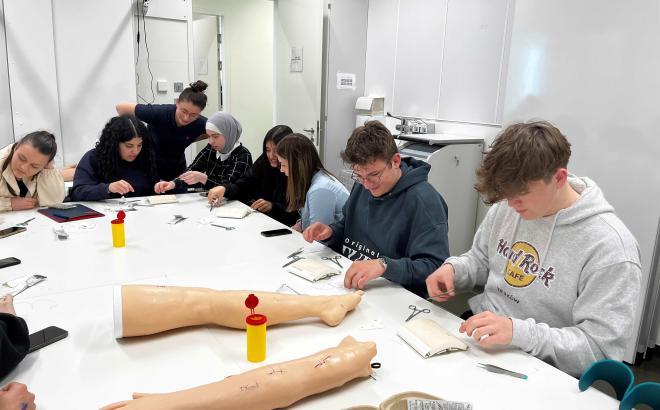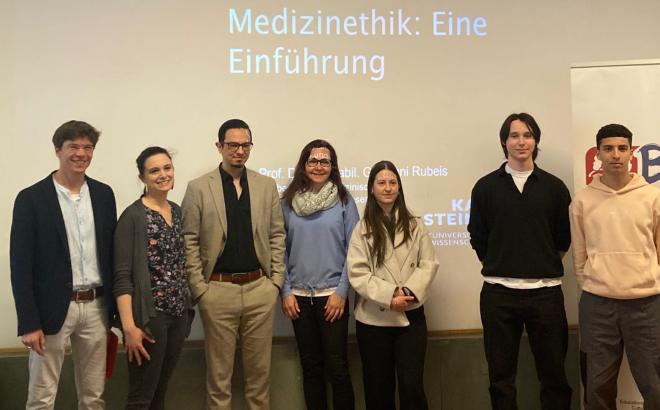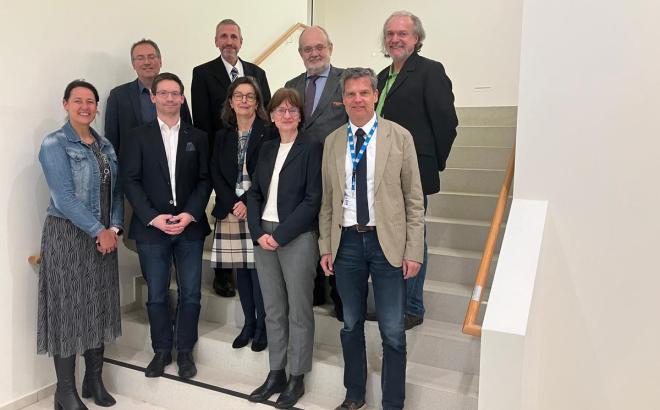Science Council and FWF about dubious practices of some sciencific publishers
The latest national and international media reports on dubious practices of some scientific publishers ("predatory publishing") give the impression that there is also a serious problem for Austria as a research location. However, this is not the case. All available data show that only a very small number of scientists in Austria, who are in the per mille range, are affected by such practices. In addition, the local and international scientific community addressed the phenomenon at an early stage and developed binding standards.
In the course of their careers, scientists and their work undergo several quality tests according to high international standards. These quality assurance processes have been continuously developed and improved in Austria in recent years. Therefore, there can be no doubt that the overwhelming majority of researchers follow high professional and ethical standards.
Status quoOn the initiative of the University Conference and the FWF, more than 20 Austrian scientific institutions support the Directory of Open Access Journals (DOAJ). In terms of population, Austria is one of the most important promoters of the platform. DOAJ carries out a transparent quality control of professional journals. On this basis, publication costs are only covered throughout Austria for those scientific journals listed in DOAJ. This rules out the promotion of dubious publication media by 2015 at the latest. Between 2013 and 2017, for example, the FWF financed a total of 6,766 quality-assured publications in the amount of € 17.6 million. Of these, ten publications with a total value of € 13,700 by 2015 were identified and published by publishers who later proved to be problematic. At 0.08 percent, this is on the one hand a negligible proportion, but on the other hand it must not yet be deduced that these publications were of poor scientific quality. Together with almost 200 academic research institutions from twelve countries, the IST Austria, the TU Vienna and the FWF publish their journal article editions in detail on the OpenAPC platform, thus supporting a transparent and comparative presentation of the editions for scientific journals. At the international level, the umbrella organisation of European funding organisations, Science Europe, recommends similarly rigorous criteria. Together with the EU Commission, the "Plan S" initiative was recently launched, which aims to make all scientific publications freely available by 2020 according to the highest quality criteria and demands a high level of transparency for scientific publishers. Many Austrian scientific institutions actively support high-ranking international publications, which are freely available to all. These include platforms such as arXiv, Open Library of Humanities, SciPost, Europe PubMedCentral and OAPEN Library. In close cooperation with the "Cooperation E-Media" (KEMÖ), Austrian scientific institutions have concluded most contracts with internationally renowned specialist publishers after the Netherlands, which make it easier for scientists to make their publications freely available according to high quality criteria. Ten years ago, the Austrian Agency for Scientific Integrity (OeAWI) was founded and further developed together with its members in such a way that the OeAWI is now regarded as a European role model for a nationally coordinated quality assurance process.
Further development of quality assuranceTrust in science and its results is ensured by high quality criteria, transparency and openness. Many Austrian scientific institutions with their national and international partnerships make a decisive contribution to this. This process of quality assurance will be consistently continued in the coming years. The FWF and the Austrian Science Council consider it necessary that the following measures be further developed as a matter of priority:
It should only be published in journals registered in relevant international databases, in particular the Directory of Open Access Journals (DOAJ), Scopus or Web of Science. For other publication formats, the basic information on quality assurance procedures should be transparently presented on the providers' websites. The platforms for publications "Think.Check.Submit" and for conferences "Think.All scientific institutions should disclose the costs of publication and the contracts with publishers and other providers of scientific dissemination.All scientific institutions should actively support internationally high-quality Open Access publication formats and services.All scientific institutions are to sign the San Francisco Declaration on Research Assessment (DORA). The declaration aims to ensure that scientific achievements are assessed not primarily on the basis of quantity but on their quality and that these principles are applied in the evaluation processes. This is a clear signal against increasing publication pressure and supports scientists in working in a strictly quality-oriented manner. A working group of the University Conference is currently drawing up recommendations for Research Integrity and Research Ethics. They should lead to the further strengthening of the Austrian Agency for Scientific Integrity on the one hand and to the implementation of corresponding commissions at the scientific institutions with transparent procedures and possible sanctions on the other.If these measures are implemented in close national and international partnerships, the few dubious providers will be further reduced considerably.




